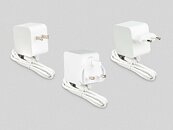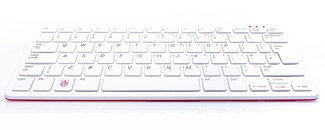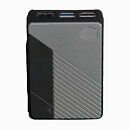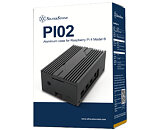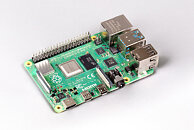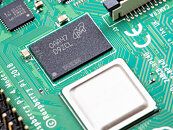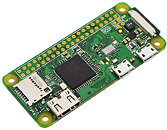EdgeCortix SAKURA-II Enables GenAI on Raspberry Pi 5 and Arm Systems
EdgeCortix Inc., a leading fabless semiconductor company specializing in energy-efficient Artificial Intelligence (AI) processing at the edge, today announced that its industry leading AI accelerator, SAKURA-II M.2 Module is now available with Arm-based platforms, including Raspberry Pi 5 and AETINA's Rockchip (RK3588) platform, delivering unprecedented performance and efficiency for edge AI computing applications.
This powerful integration marks a major leap in democratizing real-time Generative AI capabilities at the edge. Designed with a focus on low power consumption and high AI throughput, the EdgeCortix SAKURA-II M.2 module enables developers to run advanced deep learning models directly on compact, affordable platforms like the Raspberry Pi 5—without relying on cloud infrastructure.
This powerful integration marks a major leap in democratizing real-time Generative AI capabilities at the edge. Designed with a focus on low power consumption and high AI throughput, the EdgeCortix SAKURA-II M.2 module enables developers to run advanced deep learning models directly on compact, affordable platforms like the Raspberry Pi 5—without relying on cloud infrastructure.








